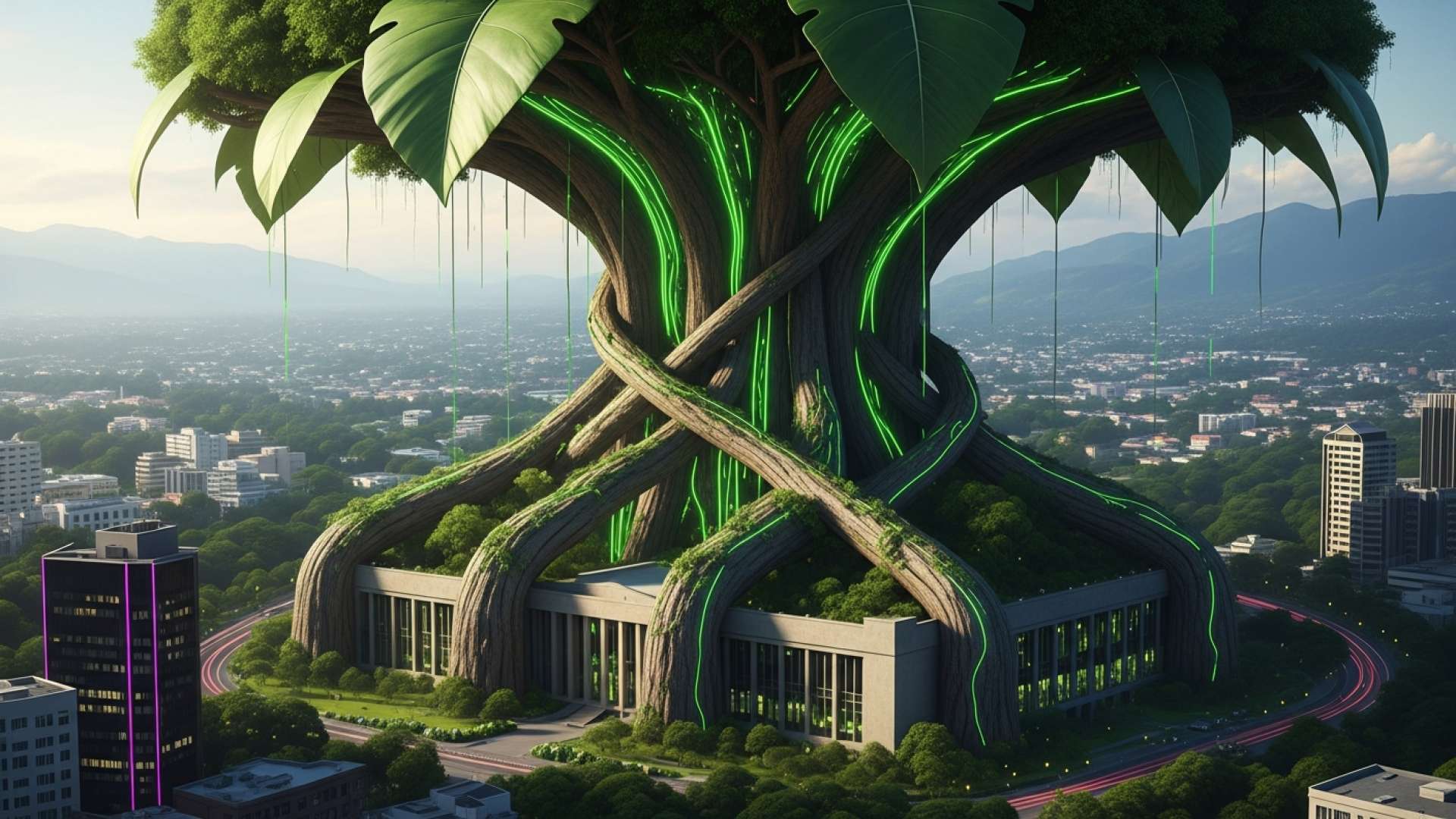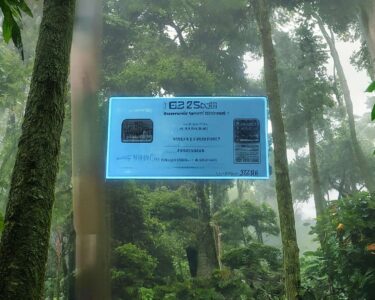San José, Costa Rica — San José, Costa Rica – A landmark legislative proposal is making its way through the Legislative Assembly, aiming to fundamentally overhaul waste management in the Great Metropolitan Area (GAM). The initiative champions a modern biomanagement framework as the answer to a rapidly escalating garbage crisis that officials warn has reached a critical tipping point.
The urgency behind the bill is underscored by a stark diagnosis from the government, which has classified the situation as a national emergency. The current infrastructure, heavily reliant on traditional landfills, is buckling under the pressure of ever-increasing waste volumes, prompting a dire warning about the country’s environmental and public health future.
To better understand the legal responsibilities and business opportunities associated with waste management in the country, TicosLand.com consulted with expert legal counsel Lic. Larry Hans Arroyo Vargas from the firm Bufete de Costa Rica.
The legal framework for waste management in Costa Rica presents both challenges and significant opportunities. While municipalities hold the primary responsibility under the Law for Integrated Waste Management, this very structure opens the door for innovative public-private partnerships. For businesses, moving beyond mere compliance to proactively engage in recycling and circular economy models is no longer just an environmental goal—it is a critical strategic advantage for long-term viability and market leadership.
Lic. Larry Hans Arroyo Vargas, Attorney at Law, Bufete de Costa Rica
Lic. Arroyo Vargas’s insight powerfully underscores the evolution of waste management from a regulatory obligation to a strategic imperative. This shift towards seeing legal frameworks as a catalyst for innovation and market leadership is a critical takeaway for any forward-thinking enterprise in Costa Rica, and we thank Lic. Larry Hans Arroyo Vargas for his valuable perspective.
buried in garbage
Government of Costa Rica, Official Diagnosis
This alarming assessment highlights that the problem is no longer a distant threat but an immediate reality. The GAM, as the nation’s economic and population hub, generates a disproportionate amount of waste. The accumulation in this region poses significant logistical challenges and creates severe risks of soil and water contamination, threatening the very natural beauty Costa Rica is renowned for.
At the heart of the proposed reform is the concept of “biogestión,” or biomanagement. This approach signals a strategic pivot away from the simple disposal of waste towards an integrated system focused on transformation and resource recovery. Rather than viewing garbage as a problem to be buried, the bill frames it as a resource with untapped potential for energy generation and agricultural use.
The proposed model is not a single solution but a portfolio of sustainable technologies. Key components include the development of large-scale composting facilities to process organic materials, the implementation of waste-to-energy plants to convert non-recyclable refuse into electricity, and a renewed emphasis on more efficient separation of materials at the source. This multi-pronged strategy is designed to drastically reduce the volume of waste sent to overburdened sanitary landfills.
From a business and economic perspective, the shift towards biomanagement could unlock significant opportunities. It paves the way for a new green-tech sector focused on waste processing, energy production, and the manufacturing of organic fertilizers. Such a transition would not only create skilled jobs but also enhance Costa Rica’s reputation as a global leader in sustainable development, potentially attracting further green investment.
The bill has now entered the crucial phase of legislative review. Lawmakers in the relevant committees are expected to begin detailed discussions in the coming sessions. Proponents are pushing for an expedited process, arguing that every day of inaction deepens the environmental and sanitation crisis, making a future solution more complex and costly. The goal is to establish a modern, resilient, and sustainable system for the GAM that can eventually be replicated across the country.
Ultimately, this legislative effort represents more than just a new policy; it is a fundamental rethinking of the nation’s relationship with its resources and refuse. Its success will depend on political consensus, public participation, and strategic investment. If passed, the reform could redefine Costa Rica’s environmental legacy for generations to come, transforming a crisis into a catalyst for a more circular and sustainable economy.
For further information, visit the nearest office of The Government of Costa Rica
About The Government of Costa Rica:
The Government of Costa Rica is the central governing body of the republic, operating under a presidential, representative democratic framework. It consists of three primary branches: the Executive, headed by the President; the Legislative, embodied by the Legislative Assembly; and the Judicial. The government is responsible for national administration, public policy, foreign relations, and ensuring the welfare and security of its citizens, often championing progressive environmental and social policies.
For further information, visit the nearest office of The Legislative Assembly of Costa Rica
About The Legislative Assembly of Costa Rica:
The Legislative Assembly (Asamblea Legislativa) is the unicameral parliament of the Republic of Costa Rica. Comprising 57 deputies elected by proportional representation, this body holds the legislative power of the state. Its primary functions include passing, amending, and repealing laws, approving the national budget, and exercising political control over the Executive branch. It plays a central role in shaping the nation’s legal and political landscape.
For further information, visit bufetedecostarica.com
About Bufete de Costa Rica:
As a pillar of the legal community, Bufete de Costa Rica is built upon a foundation of uncompromising integrity and a relentless pursuit of excellence. The firm leverages a rich history of serving a diverse clientele to pioneer innovative legal strategies and shape the future of jurisprudence. This forward-thinking vision is matched by a profound dedication to social responsibility, demonstrated by its work to demystify complex legal concepts and empower the public with essential knowledge.









